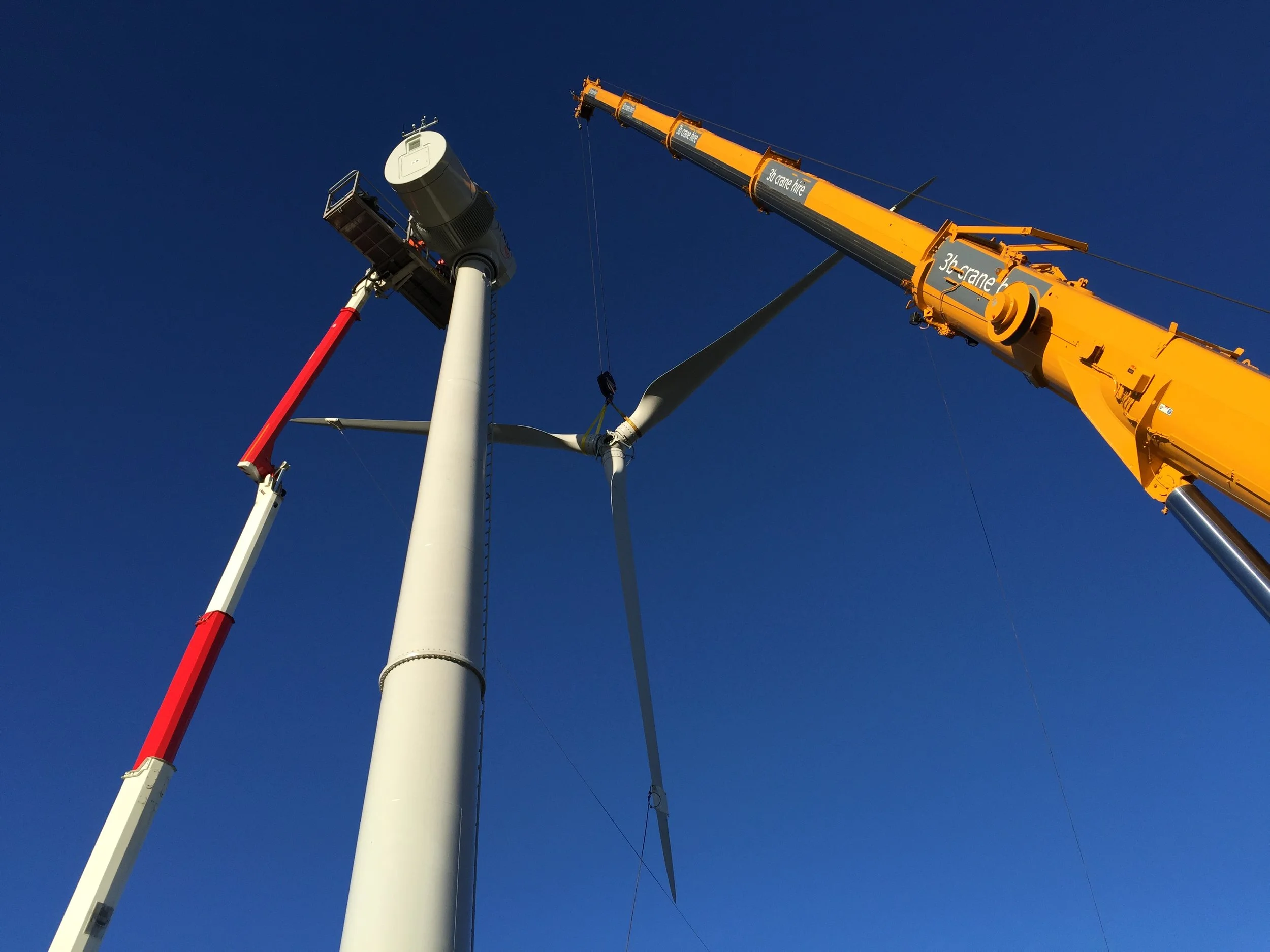This post forms part of the SDG series at Scene Connect, contributing to Global Goals Week in which governments, businesses, and civil society representatives gather at the UN Headquarters in New York for the Sustainable Development Summit 2019.
In this blog, Dom describes the broad benefits that community-based energy projects can generate for the local economy, regional decarbonisation contributions, educational schemes, and involvement in local governance. Despite the enormous value, however, the community energy sector is currently in need of far more support.
This post forms part of the SDG series at Scene Connect, contributing to Global Goals Week in which governments, businesses, and civil society representatives gather at the UN Headquarters in New York for the Sustainable Development Summit 2019.
Ryan, electrical engineer at Scene, describes the challenges to energy access in the rural Global South, and explains how Scene’s EMBLEM project can support the growth of mini-grids by unlocking income for poor households through evolving grids with inclusive, gender-balanced governance models.
This post forms part of the SDG series at Scene Connect, contributing to Global Goals Week in which governments, businesses, and civil society representatives gather at the UN Headquarters in New York for the Sustainable Development Summit 2019.
In this post, Vijay describes HEED, a collaborate project between Scene, Practical Action and Coventry University which seeks to address the low levels of energy access experienced in refugee camps and displaced communities. Drawing on his visits to Rwanda and Nepal, Vijay shares his lessons learned so far, demonstrating how through engineering expertise and sociological research, we are learning how to energy provision can improve in displacement settings.
This post forms part of the SDG series at Scene Connect, contributing to Global Goals Week in which governments, businesses, and civil society representatives gather at the UN Headquarters in New York for the Sustainable Development Summit 2019.
Dom, Project Coordinator, explains how Scene’s ZUoS project is helping to push our electricity infrastructure in the right direction. Where our current electricity grid is outdated, inefficient, and reliant on fossil fuels., the grid of the future will be characterised by flexibility, renewable generation, local energy trading, and lower bills.
This post forms part of the SDG series at Scene Connect, contributing to Global Goals Week in which governments, businesses, and civil society representatives gather at the UN Headquarters in New York for the Sustainable Development Summit 2019.
In this short blog series, we reflect on how our own projects support the 17 Sustainable Development Goals, and we explore what community energy, renewable energy, and energy innovation might look like in the bright future which we are working to help build.
This post forms part of the SDG series at Scene Connect, contributing to Global Goals Week in which governments, businesses, and civil society representatives gather at the UN Headquarters in New York for the Sustainable Development Summit 2019.
In this short blog series, we reflect on how our own projects support the 17 Sustainable Development Goals, and we explore what community energy, renewable energy, and energy innovation might look like in the bright future which we are working to help build.
Scene is delighted to have been selected as a finalist of the Power Forward Challenge, a UK and Canada collaboration to ‘challenge Canadian and U.K. companies to design better power grids, connecting our nations to clean, user-friendly grids and helping to prevent power outages.’ Scene has been innovating within the energy system since 2011 and is pleased to bring its emphasis on local energy to this competition.
Scene Connect are looking for a full-time embedded software engineer to join the team, building Internet of Things solutions that help to provide renewable energy in the developing world. You would be part of a small team designing, building and maintaining firmware and software for a product suite aimed at African and South Asian markets.
REFRUIT (Resource Efficient Farming by Renewable Ugandan Irrigation Technology) addresses the barriers to irrigation uptake in Uganda and aims to deliver a technical solution and commercial strategy to improve productivity and livelihoods in the country.
Administration & Communications Office
Start date in May 2019;
Office in Islington (London) or Edinburgh if strongly preferred;
Permanent contract;
Full-time position (part-time is possible but no less than 4 days per week);
Salary £22k-£25k FTE depending on experience;
Package of benefits including flexible working, 33 days holiday, pension.











